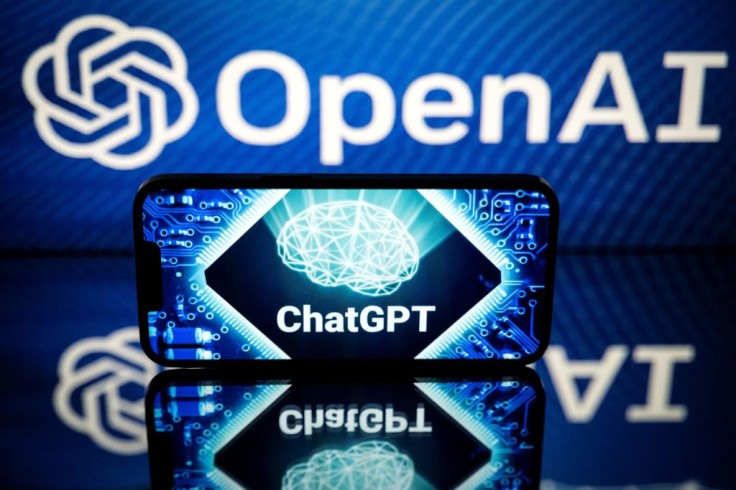
Parents and schools face a new challenge as students utilize and depend on a new advanced technological platform called ChatGPT.
Not even two months after this new artificial intelligence (AI) technology was introduced to the public, ChatGPT is already getting banned from schools, stirring controversy among educators, and starting to create additional stress for parents, The Hill reported.
Parents worry that this new platform will be another distraction and increase their children's screen time even more. The pressure to keep up and understand what ChatGPT is, along with its benefits and dangers, also arises. And for some parents, it is a serious struggle to contend with the battle of keeping up with these technological advancements in their children's lives.
Cheating issues and how to handle
ChatGPT's popularity is rising after making headlines for its "humanlike" ability to converse and provide "unique responses" to questions.
According to ZDNet, ChatGPT is a natural language processing tool driven by AI technology with advanced conversational capabilities. The AI chatbot can answer questions and assist users with composing essays, emails, and code. Since it is still in its research and feedback-collection stage, it can be utilized free of charge.
The students may be enthusiastic about learning more about this new advanced technology and using it in their educational journey, but parents and schools are not. They are highly concerned about the cheating opportunity it presents to students and the danger of losing their critical thinking skills.
How else can students learn if they just need to ask this AI chatbot and can instantly be handed a 300-word essay that becomes tomorrow's passed homework once printed?
Public schools from New York City and Seattle have already banned the new platform from their servers due to concerns like this.
The company that created ChatGPT, OpenAI, was reported to have stated that they are already working with schools to address their concerns.
Instead of stressing about ChatGPT, parents are encouraged to intentionally learn about it to present the pros and the cons to their children, especially the ethical issue of cheating.
Matt Albert, former executive director at the Center for Reflective Communities and the director at the Teshinsky Family Foundation in California, emphasized that it will not be effective if parents will just instantly tell their children that ChatGPT is positive or negative for them. Like everything else, the platform's benefits should be discussed along with the "unethical" or harmful ways it can be used.
Students should not miss ChatGPT's benefits because of one unethical concern that can be handled through parent-children open discussion.
Albert showed his daughter ChatGPT and its ability to write an essay, which she can easily use for school.
"We had a conversation about cheating, about her ethics, about what kind of person she wanted to be, but we also had a conversation about what is learning, do we care about a grade or do we care about the process, do you know why do we go through the process?" Albert shared.
Future of the classroom
High school English teacher Kelly Gibson's existential anxiety also kicked in fast when she first encountered ChatGPT last December. She thought, how else can she teach if the AI chatbot already gives what she is teaching for free?
She was one of those that thought that it has opened "a new era of rampant cheating" and maybe the "death knell for essays or education itself."
But after taking some time to learn about it, she is now excited to bring it into the classroom. She is now one of those educators who believe that ChatGPT is an excellent opportunity to redesign what learning looks like and can shape the "future of the classroom."
Gibson has now figured out ways to incorporate the new platform into her lessons. She stated that she wants the AI chatbots to be like "calculators for writings" She will ask her students to generate text using ChatGPT and have them edit it themselves, allowing them to find errors and improve its writing style.
Thus, using Gibson's mindset towards ChatGPT as a teaching tool, and not the perfect way to cheat, brings up a crucial point, according to Wired.
It is not as intelligent as people are, and despite its advanced "humanlike" ability, it is still a "statistical machine" that can sometimes bring information without analysis or comprehension, resulting in creating falsehoods and errors that need guidance and edits to be correct.
Related Article : Preparing Your Children for Social Media, Here's How